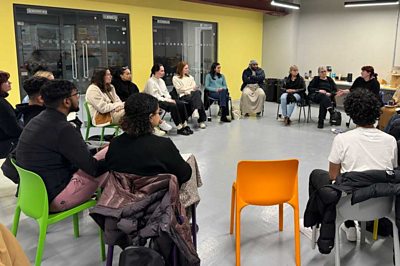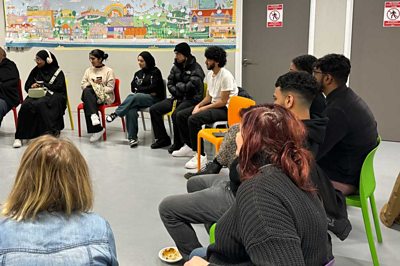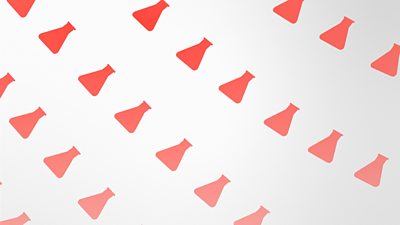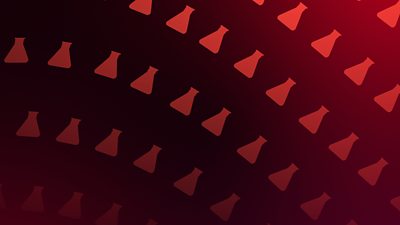The team have been framing this around the key principles of deliberative research and ‘Design Justice’, as proposed in Design Justice by Sasha Costanza-Chock.
Design Justice is a movement with a goal to include those who are repeatedly overlooked in conversations. It aims to provide the right environments and a voice to those who are directly affected by the outcomes of decisions being made on their behalf.
Through the News For All project, a collaboration between Media Cymru, BBC News, and BBC R&D, we have been identifying where mainstream journalism could do better in meeting the needs of marginalised people and communities. To explore this in more detail, we’re working with communities in Cardiff who are some of the most marginalised in Wales.
We’re prioritising community expertise in our project. We’re shining a light on what isn’t currently seen or reported, and the ways the communities themselves want their stories to be told.

The News For All team comprises researchers and community members, all working as equals. Our participatory research sessions are led by Rhiannon White and Amira Hayat, who themselves are members of the community. Our guiding principle is that each individual brings value and unique perspectives through their own lived experiences.
We are using co-design methods in our research in order to set the right tone and environment for real relationship-building and design justice to flourish. Co-design methods revolve around the prioritisation of relationships and trust, rather than prioritising getting a task completed. The News For All sessions will have a theme or a topic decided in advance, but the sessions themselves will flow according to the community’s direction. All activities centre around the dynamic of the people in the room, where they’ve come from, and what stories and expertise they want to share, rather than more traditional workshop exercises which direct people down very specific lines of enquiry and ways of engaging.
The process of doing things differently started with thinking about how research like this would normally be done, and why that might not be working. We started by listing all the steps we’d usually take to construct a research project with people, and flipped it on its head.
For example, focus groups would normally be led by an agency or BBC staff. They would be held in a BBC building, or on Zoom, and they’d only run once.
Instead, the News For All sessions are led by members of the community, take place in a community space, and relationships are being built-up over a period of 6 months. We also didn’t attempt to recruit a so-called ‘representative sample’ but instead worked with Grange Pavilion, EYST and Common Wealth Theatre to bring together a group of people who are often harmed or overlooked by news coverage.

Journalism is facing a multi-layered crisis, and business as usual hasn’t been able to address the many questions confronting the industry. Flipping normal research methods on their head means we can try something different and we get to question the balance of power and assumptions made in a research setting. As we run further sessions over the next six months we intend to challenge our default research techniques, including how we capture insights, data and analysis.
Our first and second sessions have already thrown up insights that we almost certainly wouldn’t have got from our normal research processes. For example, insights into how the community want to communicate and relate to each other in a truly multicultural and multi-generational setting, and moments in the group when advice was exchanged or confidence visibly grew to share stories — which would have been lost if we’d adhered to a traditional question and answer format.
We are looking for the moments of obvious agreement, laughter, frustration, or pauses for thought, just as much as the sentiment we heard. We hope that by exploring design principles that are truly community driven and led, we’ll be able to create meaningful change that addresses what communities need in order to share their stories and feel better represented by mainstream journalism.
Latest news
Read all newsBBC News Labs
-

News
Insights into our latest projects and ways of working -

Projects
We explore how new tools and formats affect how news is found and reported -

About
About BBC News Labs and how you can get involved -

Follow us on X
Formerly known as Twitter




